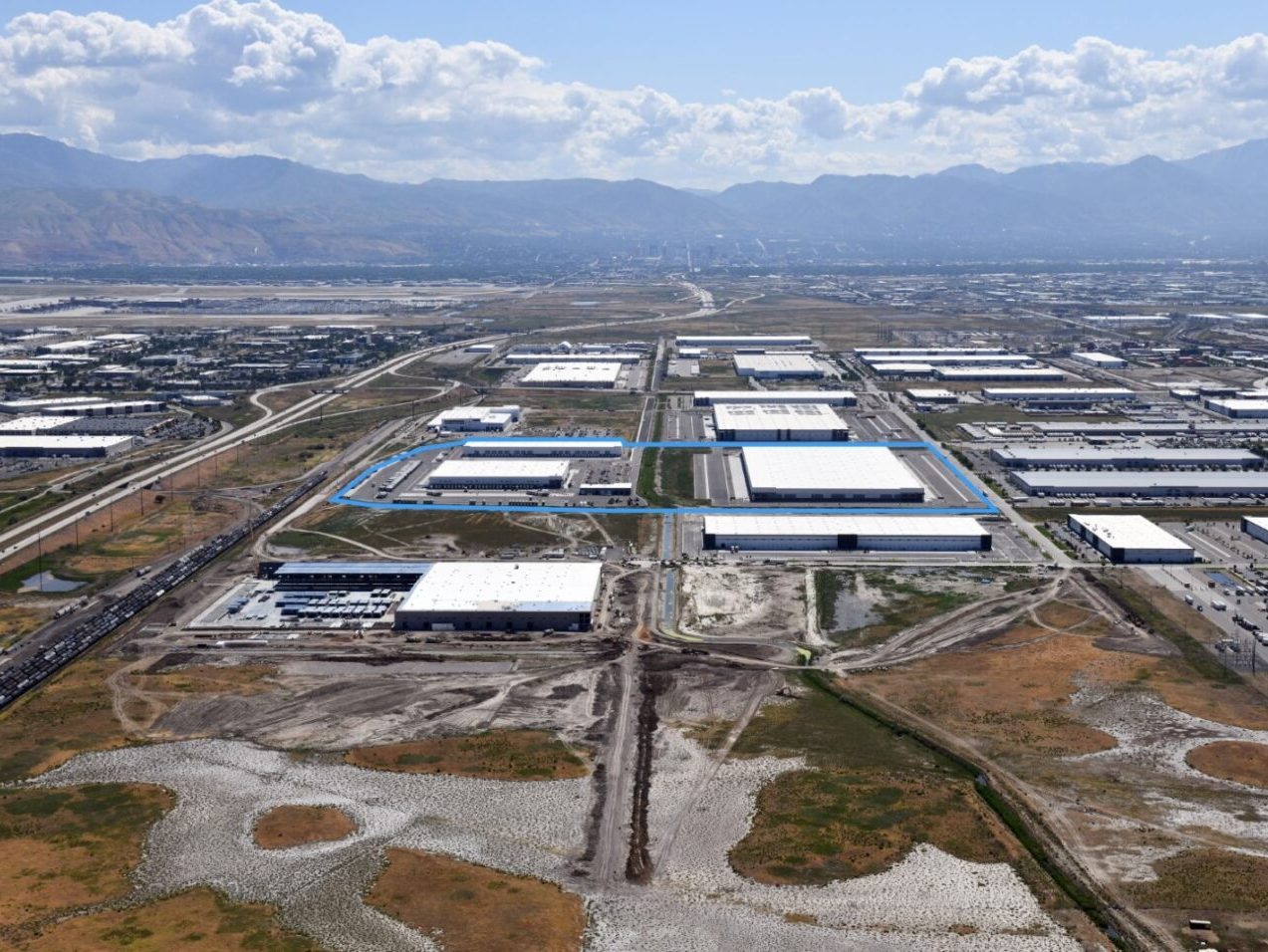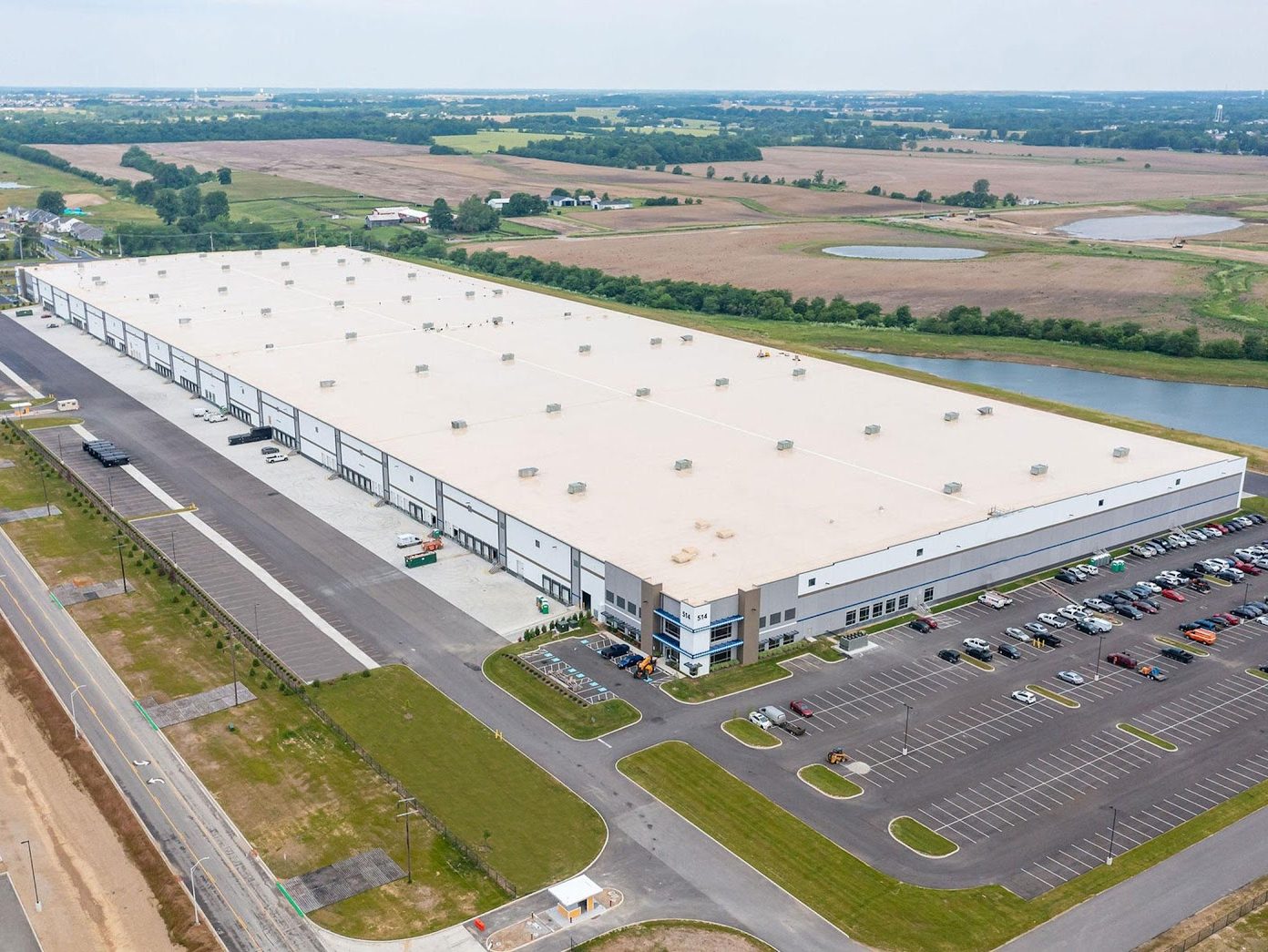Lessons Learned From the 2017 Natural Disasters
In the wake of several hurricanes and wildfires hitting the U.S. last year, real estate owners should make sure their contracts, leases and insurance policies are reviewed carefully, argues Squire Patton Boggs' John Thomas, Stacy Krumin and Patricia Hatler.
By John Thomas, Stacy Krumin & Patricia Hatler
Following the devastating summer of 2017 that saw Hurricanes Harvey, Irma and Maria hit the U.S., as well as forest fires that ripped through California in the late summer and through December, businesses large and small have been confronted in recent months what steps to take in order to get up and running as soon as possible.
As the affected communities have had to assess, clear and rebuild, insurance estimates have continued to rise. The fires have destroyed around 10,000 structures in California alone, according to counts as of mid-December. Now, as we look forward to the year ahead, commercial real estate contracts and catastrophic insurance policies should be scrutinized with the lessons learned from 2017.
Real Estate Contracts Under the Microscope
Real estate contracts might not be front-of-mind after a natural disaster, but language used in such documents has been critical to the efforts to rebuild commercial real estate or to get planned projects off the ground following the disasters.
For those companies that have been in the midst of construction or those leasing premises, the assessment of force majeure provisions—that is, provisions that release liability or extend deadlines for one or both parties due to extraordinary events or circumstances—have been crucial.
Affected parties are often required to, (and in any event, should) issue a notice of a force majeure as soon as possible after the incident occurs. There are some force majeure provisions that required notice within a few days after the event in order to have the benefit of the additional time that the provision allows. This has been problematic in some instances because businesses are dealing with the aftermath of a storm, leaving little notification time. When negotiating leases or other agreements with force majeure clauses going forward, this has raised the importance of building in additional time for providing notice.
For companies that were in the midst of purchasing new properties, the language used in the Purchase and Sale Agreement has been vital in order to evaluate what happens if the property is damaged before closing. For projects that were due to complete, construction costs have risen steeply due to demand, such as with respect to soaring lumber prices and labor shortages. For projects that were in the more distant future, changes to building codes could be likely, which in turn could also affect the expected costs of the project. In Texas, for example, there may be movements to introduce legislation concerning added drainage requirements.
Overall, it is important to keep in mind that further delays will need to be factored into any project in affected regions. Apart from the actual clean-up efforts, supply losses, power outages and labor shortages, there will be human delays for those employees or contractors doing the same for their own homes and taking care of their families.
Catastrophic Insurance: Legislation and Regulations
In the wake of these disasters, lawmakers and regulators are working to guard those impacted by the disasters—residential and commercial structures, alike. In Florida and Texas, language has been issued on cancellation or non-renewal insurance policies. California Insurance Commissioner Dave Jones has also released emergency declarations regarding expedited claims handling to help wildfire victims.
On Sept. 13, 2017, Florida Insurance Commissioner David Altmaier issued an Emergency Order establishing and amending certain rules for insurance companies in the wake of Hurricane Irma. The temporary rules dealt with a range of issues, including cancelling or non-renewing residential and commercial residential policies.
This particular rule means that insurers could not cancel or non-renew a commercial residential property insurance policy on a property that was damaged by Irma. The policy may only be canceled or nonrenewed 90 days after the property has been repaired. In addition, no policies could be cancelled or nonrenewed between Sept. 4 and Oct. 15, 2017, unless requested in writing by the policyholder. Notices of cancellation issued or mailed on or after Aug. 25, 2017, must be withdrawn and reissued after Oct. 15, 2017.
In Texas, House Bill 1774, signed into law by Texas Governor Greg Abbott in May 2017, and effective on Sept. 1, 2017, is impacting the process for insureds to initiate claims dispute litigation in Texas. This law institutes a 60-day written notice period before a lawsuit can be filed and imposes relatively short follow-up deadlines on insurers once notice is given. The Texas Department of Insurance guidance on the back of Bill 1774 notes that “it is inappropriate for insurers to re-rate, cancel, nonrenew, or refuse to provide coverage due solely to a policyholder’s status as a victim or evacuee of Hurricane Harvey,” or for rate reclassification or insurance rate increases solely due to Harvey.
On the Congressional front, we are awaiting legislation that would reauthorize funding for the National Flood Insurance Program (NFIP). The federal funding for the program expired on Sept. 30, 2017, but was then temporarily extended until December and now again until mid-January. Legislation has passed the House to reauthorize the program but Senate action is uncertain.
Catastrophic Insurance: Considerations for Business
It will be important to evaluate the full extent of insurance coverage once Congress makes its final decisions about the funding of the NFIP by undertaking an insurance mapping exercise—taking into account government-funded and private insurance policies. More regulatory and legislative guidance is likely in the coming months, so keeping up with these changes will be important for any company with operations in those states.
Businesses will also want to check the language used in their business interruption insurance in relation to exclusion clauses, as well as such exclusions in any private natural disaster insurance. Going forward, organizations might also want to consider whether those exclusions meet their needs or whether another policy might be more appropriate.
This is also the time to consider taking steps to mitigate risk for the future in both flood prone and fire prone areas. Insurance companies can often provide good advice about the steps to take to reduce future risk, as it is in both parties’ interests to protect such real estate from the damage of such catastrophic disasters.
After the tragic natural disasters that this past summer brought, these points are reminders of how important shoring up contracts, leases and insurance policies can really be to a business going forward. Force majeure provisions, Purchase and Sale Agreements, leases and insurance policies should be put under the microscope.
As the existing insurance policies may no longer reflect conditions or unexpected cost increases of rebuilding, businesses will also want to consider adding extended replacement cost endorsements to protect themselves from any future catastrophic events. Likewise, when negotiating leases or other real estate contracts with force majeure provisions, businesses will want to consider including as long of a notice period as possible.
John Thomas leads the Squire Patton Boggs’ global real estate practice group, Stacy Krumin (Tampa) is a real estate partner, and Patricia Hatler (Columbus) is of counsel in the Financial Services Practice at Squire Patton Boggs.








You must be logged in to post a comment.